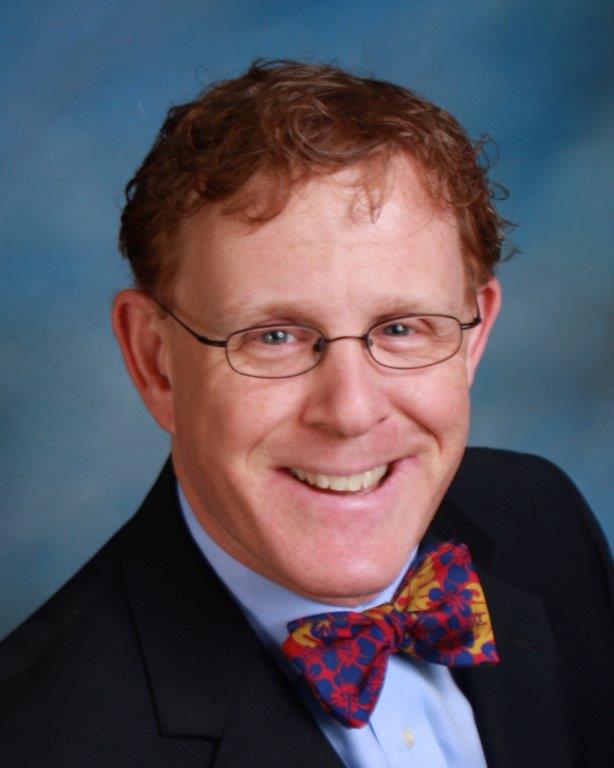By Eric H Bernicker, MD – Assistant Professor of Clinical Medicine in Oncology, Institute for Academic Medicine, Assistant Clinical Member, Research Institute, Houston Methodist
If you could bring a lung cancer researcher from the 1970s in a time machine to see our present treatment landscape, they would be truly dumbfounded. While obviously we still have a long way to go, the explosion of basic science knowledge and rapidly expanding the

Dr. Eric H Bernicker
rapeutic options has transformed the field of lung cancer.
Sadly, lung cancer has touched me personally. 10 years ago, I lost a cousin to metastatic lung cancer. Unlike her, I have been able to see her 5-year-old son grow up. Two years ago I also saw her brother die of lung cancer. I promised their mother, my dying aunt, who never really got over burying her 46-year-old daughter that I would be part of the solution to this awful disease.
Now, 10 years after losing my cousin, we are starting to see amazing developments in treatment like, targeted therapies and immunotherapy. Large numbers of patients will be able to have their disease go in to remission, often for a long time and with an improved quality of life.
Yet, we cannot rest on our laurels. Patients who have dramatic responses to targeted therapies will eventually develop acquired resistance to the treatment. Similarly, many patients who respond to immunotherapy also eventually lose their response and many others do not respond at all.
Funding for ongoing lung cancer research is not anywhere as high as it needs to be, especially in comparison to other diseases. We need to advocate with conviction for an increase in the available funding for this deadly disease. Given the rapid advances we have seen in the past 5 years, further fueling of research will hopefully lead to more treatment options.
Patients and their families need to understand that they are not alone and that the stigma surrounding a lung cancer diagnosis is unfair and needs to end. They also need to understand that clinical trials are available and that molecular testing of their tumor is necessary if their oncologist is to be able to pick the most appropriate treatment.
I will continue to do everything in my power to help expand the treatment options for patients, like my cousins, and to advocate for increased research funding so that we may build on the advances of the past few years. The momentum is on our side.

Leave A Comment